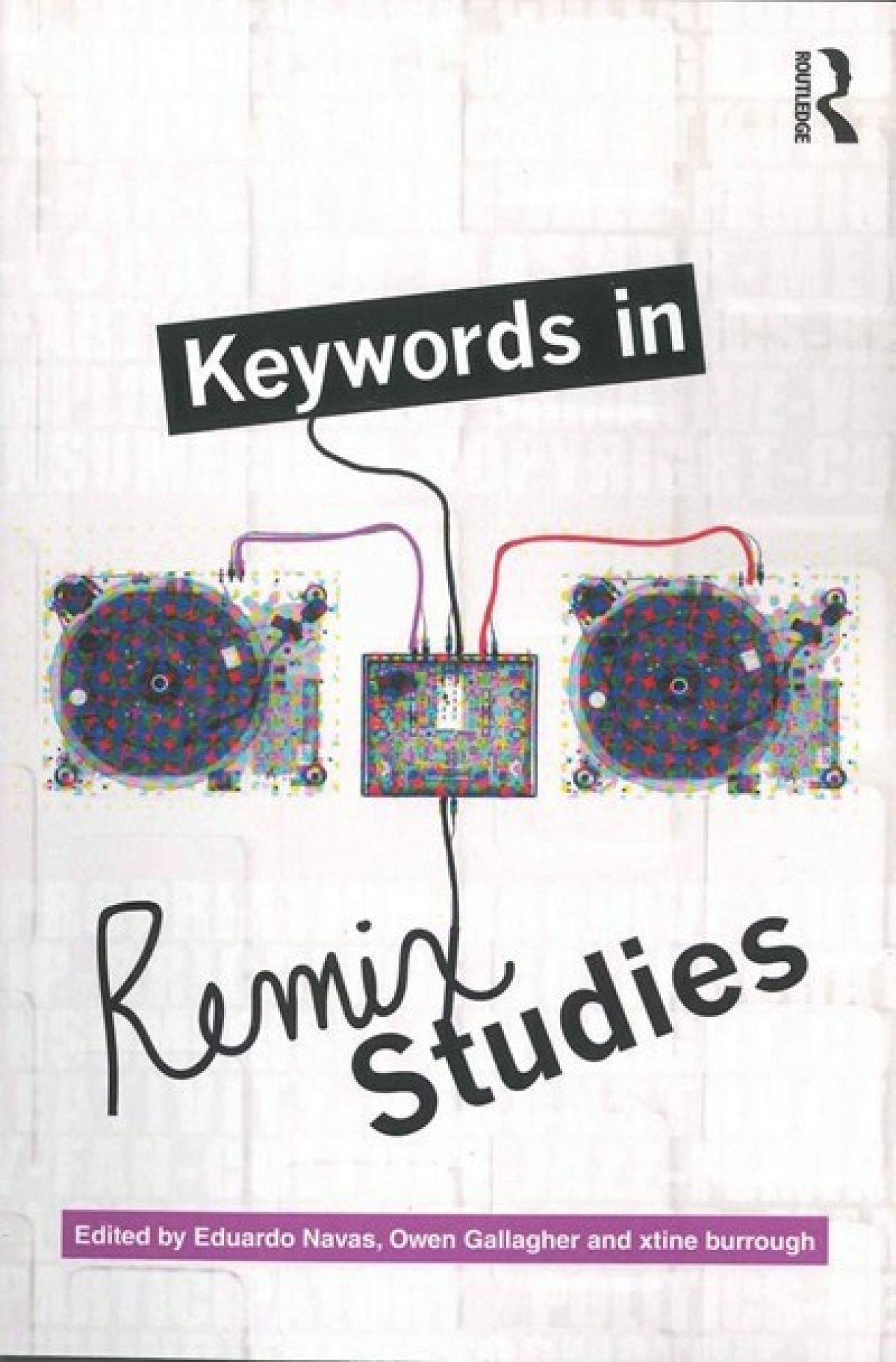October 01, 2019
Navas Co-Editor of Keywords in Remix Studies

Assistant Professor Eduardo Navas is co-editor of Keywords in Remix Studies (Routledge, 2018). The book is a follow-up to his previously co-edited anthology The Routledge Companion to Remix Studies (Routledge, 2015).
Keywords in Remix Studies includes contributions by scholars from the SoVA community. Professor Karen Keifer-Boyd and Art Education alumna Christine Liao co-wrote a chapter on remix and feminism, while 2015 SoVA Visiting Scholar Pau Figueres contributed a chapter on consumerism.
Professor Navas was able to focus on the final editing stages of the book thanks to a Spring 2017 Digital Humanities Fellowship at Center for Humanities and Information (CHI) in the School of Liberal Arts, Penn State. He also received research support from the Arts & Design Research Incubator (ADRI), in the College of Arts and Architecture, Penn State (where he is currently an embedded researcher), as well as the Penn State School of Visual Arts where he teaches in the New Media and Interdisciplinary Digital Studio Program (IDS).
Description from the back cover:
Keywords in Remix Studies consists of twenty-four chapters authored by researchers who share interests in remix studies and remix culture throughout the arts and humanities. The essays reflect on the critical, historical and theoretical lineage of remix to the technological production that makes contemporary forms of communication and creativity possible. Remix enjoys international attention as it continues to become a paradigm of reference across many disciplines, due in part to its interdisciplinary nature as an unexpectedly fragmented approach and method useful in various fields to expand specific research interests. The focus on a specific keyword for each essay enables contributors to expose culture and society?s inconclusive relation with the creative process, and questions assumptions about authorship, plagiarism and originality. Keywords in Remix Studies is a resource for scholars, including researchers, practitioners, lecturers and students, interested in some or all aspects of remix studies. It can be a reference manual and introductory resource, as well as a teaching tool across the humanities and social sciences.
The book is available on Amazon and other major publication outlets:
https://www.amazon.com/Keywords-Remix-Studies-Eduardo-Navas/dp/1138699640/ref=mt_paperback?_encoding=UTF8&me=
The book also has an online resource: http://remixstudies.com
